Keywords: Pat Power
There are more than 200 results, only the first 200 are displayed here.
-

AUSTRALIA
- Andrew Hamilton
- 26 May 2016
7 Comments
The evidence of misbehaviour by banks has become public at a time when the underlying ideology has also been criticised. The inherent unlikelihood that an economy based on individual greed will benefit the whole of society is now patent. It is seen as much more likely that unregulated competition for material gain will lead to the concentration of wealth in the hands of the wealthy and powerful. Evidence now suggests that inequality hinders the economic growth it was presumed to nurture.
READ MORE 
-
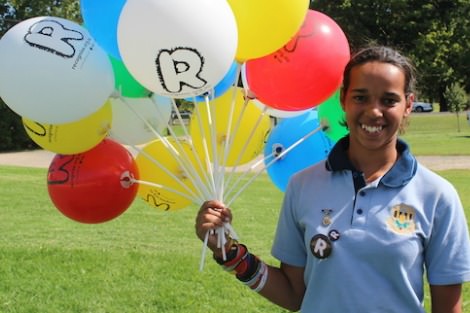
AUSTRALIA
- Kate Galloway
- 18 May 2016
19 Comments
Newly appointed Senator for Western Australia, Pat Dodson, in his first week on the job, raised the thorny political question of treaty. I see the need for both treaty and constitutional reform, which support each other in promoting justice for Aboriginal and Torres Strait Islander Australians. But the limitations of my understanding are both that I am a lawyer, and that I am not an Indigenous Australian. I need to heed the diverse voices of Indigenous Australia in understanding what is truly at stake.
READ MORE 
-
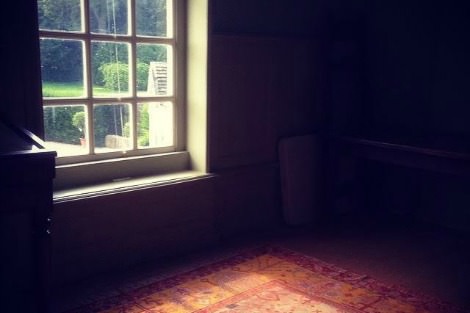
INTERNATIONAL
- Frank Brennan
- 17 May 2016
30 Comments
Once the state legislates to permit assistance with the suicide of a dying, suffering, mentally competent person, the door could well be opened to those who agitate a right to kill and not just a liberty to assist with suicide, and that door could be pushed open onto a class of patients which ultimately will include those who are not dying at all That door is now wide open in Belgium and the Netherlands, while he Canadian Parliament is trying to place appropriate limits. I'm for keeping that door firmly shut.
READ MORE 
-

RELIGION
- Phyllis Zagano
- 11 May 2016
21 Comments
Pope Francis may be interested in better situating women within Church governance and ministry, and there is sufficient theological evidence to readmit women to the order of deacon. Even so, significant curial roadblocks keep him from moving in the obvious direction.
READ MORE 
-
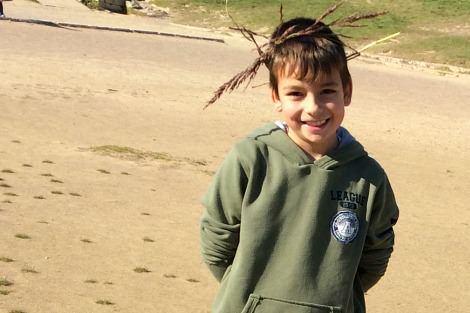
INTERNATIONAL
- Gillian Bouras
- 06 April 2016
7 Comments
My grandson Nikitas is ten. When his name was chosen I was haunted by memories of Russian leader Khruschev and his long-ago shoe-banging performance at the United Nations. My son and daughter-in-law patiently explained that their son was to be called after Nikitaras, a hero of the Greek War of Independence. Thankfully, young Nikitas does not divide the world into friends and enemies, at least not so far. But he is very competitive; perhaps his name, which means invincible, influences his outlook.
READ MORE 
-
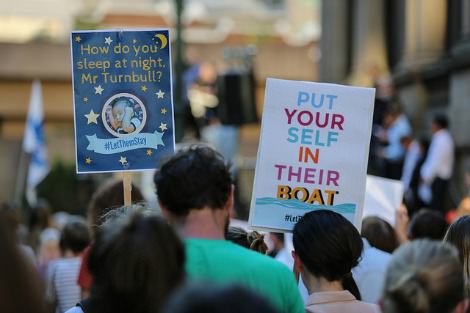
AUSTRALIA
- Somayra Ismailjee
- 12 February 2016
8 Comments
Since the first churches offered sanctuary to the refugees facing deportation to Nauru, a steady stream of voices have joined the call for compassion. As a political language, compassion is itself a reclamation of power. Extending safety, resources, or even a mere welcome to people in need proves that we have something to give. Strength is embodied by a capacity to aid and assist, rather than in cruelty. Empathy, care and compassion appeal to us on a level of emotion that runs deeper than mere rhetoric.
READ MORE 
-

ARTS AND CULTURE
- Tim Kroenert
- 04 February 2016
11 Comments
As a white, middle-class, straight, cisgendered man, I am conscious of the extent to which the chips of social privilege have been stacked in my favour. As such there are some public conversations that I am patently unqualified to enter. One of these is the sometimes fierce debate that exists between some feminists and some members or supporters of the transgender community. One of the pitfalls of telling a story about marginalisation from a perspective of privilege is that you can overlook ethical nuances.
READ MORE 
-
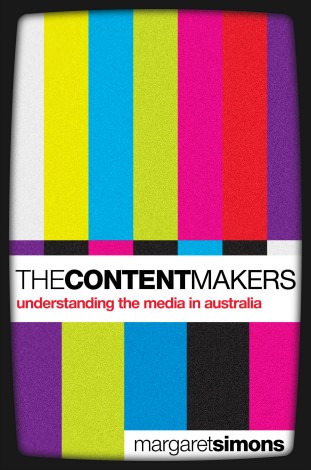
MEDIA
- Jeff Sparrow
- 27 January 2016
13 Comments
Josh Bornstein compared the ABC to the victim in an abusive relationship, desperately trying to ward off the next blow by anticipating the criticism of its enemies. Certainly, enlisting Andrew Bolt to participate in a documentary on Indigenous constitutional recognition seems like a pre-emptive defensive move against the accusations of bias that are routinely levelled against the national broadcaster. For Bolt the arrangement is win-win; for the ABC it's yet another example of self-sabotage.
READ MORE 
-

AUSTRALIA
- Frank Brennan
- 10 December 2015
I first met this Tony on my regular visits here to Darwin when he was working at the North Australian Aboriginal Legal Aid Service and then when he set up the mediation services under the auspices of Anglicare. In later years I knew him when he was your Anti-Discrimination Commissioner. He was a quiet, considered, gentle, strong and principled man. On Human Rights Day, it is only fitting that I honour Tony by offering some reflections on the architecture for human rights in Australia, on the contemporary human rights controversies, and on the way forward for better protection of the human rights of Aborigines and asylum seekers, two marginalised groups who had a special claim on Tony's sympathies.
READ MORE
-

RELIGION
- Frank Brennan
- 03 December 2015
The consideration of medico-legal problems in the public square of a pluralistic democratic society keeping pace with profound technological change is often marked by simplistic assertions, precluding considerations of comprehensive world views, whether religious or philosophical. It is now commonplace for doctors to be told to leave their consciences at the door, as their patients are consumers and they are suppliers and of course the market decides. Debates about law and policy are often resolved with simplistic assertions about individual rights and autonomy, with little consideration for the public interest, the common good, and the doctor-patient relationship. Even conscience is said to be a matter for contracting out. This evening I ask whether there are more compelling ways to resolve medico-legal dilemmas, while conceding a limited role for law in determining the range of acceptable answers.
READ MORE
-

AUSTRALIA
- Pamela Curr
- 30 November 2015
31 Comments
One of the most disturbing aspects of Border Force takeover of detention camps has been the increased use of force against people seeking asylum. Women have been especially targeted, with physical pat-downs before they come and go to medical or counselling appointments triggering panic attacks in some as it has brought flashbacks of sexual abuse and rape attacks in Nauru. Next week in the Senate, the Government is seeking even more powers to use against women, children and men in detention.
READ MORE 
-
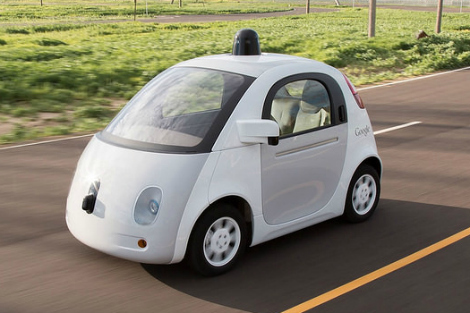
ENVIRONMENT
- Patrick McCabe
- 23 November 2015
1 Comment
The safety features of self-driving cars could save many lives. But driving also involves making decisions, including ethical ones. Imagine you're in your self-driving car, travelling at speed on a highway. Suddenly an oncoming road train swerves into your lane and thunders head-on towards you. You may just be able to swerve, but unfortunately five men are standing on the side of the road, and you will surely hit them. Should the self-driving car kill five people, or stay the course and kill you?
READ MORE 